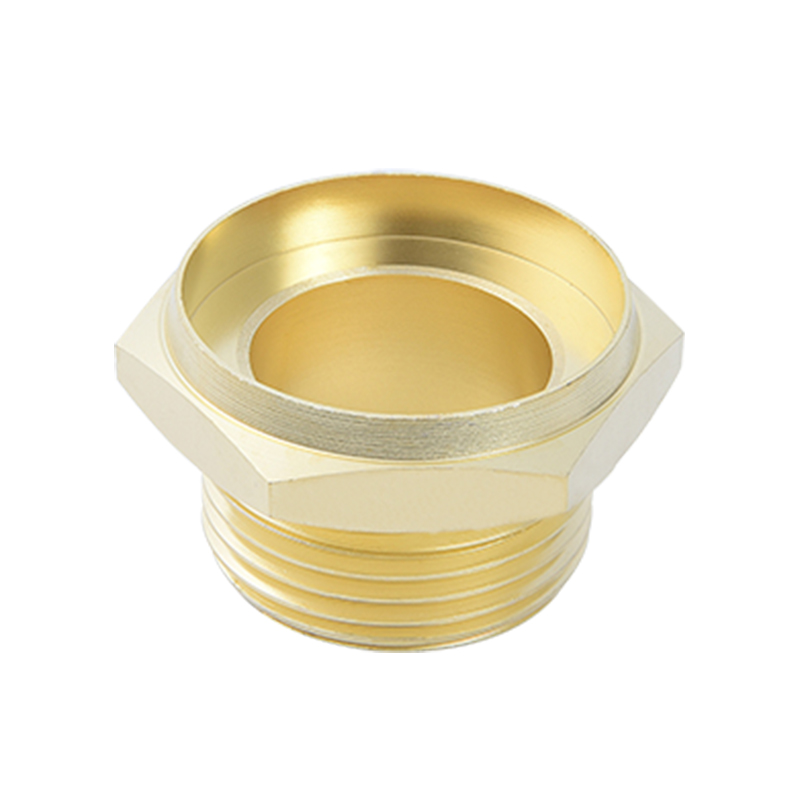When it comes to plumbing systems, the choice of connectors can make a significant impact on the overall performance, reliability, and longevity of the system. Among the various connector materials available, brass has emerged as a popular choice, known for its exceptional strength and durability. In this article, we will delve into the power of brass connectors in plumbing systems and explore the advantages they bring.
Brass connectors are widely recognized for their strength and ability to withstand high pressures and temperatures. This makes them ideal for a range of plumbing applications, including water supply lines, faucets, valves, and fittings. The inherent strength of brass ensures a secure and leak-free connection, minimizing the risk of water damage and costly repairs.
One of the key advantages of brass connectors is their resistance to corrosion and rust. Unlike some other materials, brass is highly resistant to the effects of moisture and chemicals commonly found in plumbing systems. This means that brass connectors maintain their integrity over time, ensuring long-lasting performance and reliability.
Furthermore, brass connectors are known for their excellent malleability, which allows for ease of installation and versatility in various plumbing configurations. Brass can be easily molded into intricate shapes and sizes, making it suitable for a wide range of plumbing applications. The flexibility of brass connectors enables efficient and precise connections, reducing the likelihood of leaks and improving overall system efficiency.
Brass Forging + Joint + Brass Joint

Brass Forging + Joint + Brass Joint

1. Provide quick connectors, valves and valve accessories of various materials, refrigerant liquid link accessories for refrigeration systems
2. Red punch forging processing of various mechanical industry parts, sizes are based on customer needs
3. Used in petroleum and fire protection , water supply and drainage pipelines, refrigeration equipment, machinery, pneumatics, pumps and other fields



 EN
EN ES
ES CN
CN








